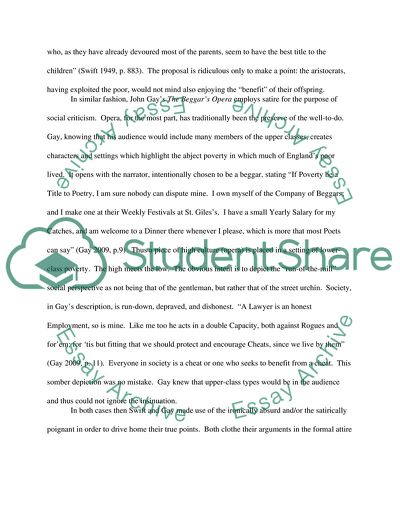Poverty and Society in Britain during the Age of Reason Essay. Retrieved from https://studentshare.org/literature/1560171-write-a-15-page-memorandum
Poverty and Society in Britain During the Age of Reason Essay. https://studentshare.org/literature/1560171-write-a-15-page-memorandum.


